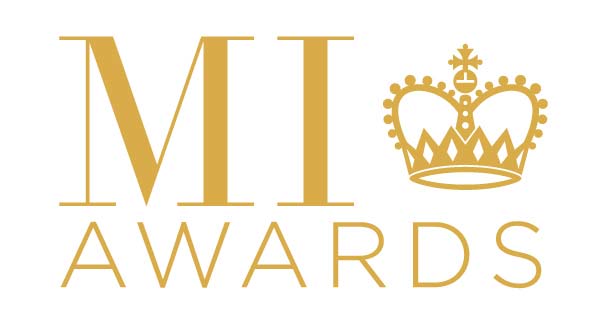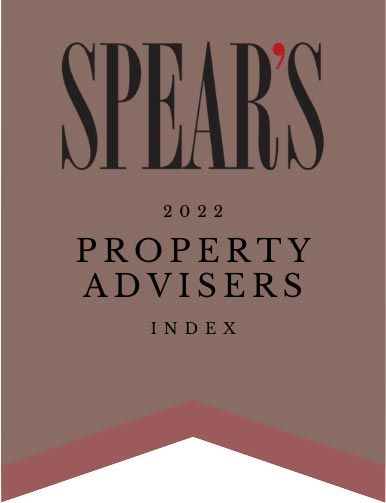To secure a mortgage you MUST be able to accurately prove your income. It is, after all, probably going to be the largest loan of your life!
So, here goes…
If you’re employed:
- Payslips: Lenders typically require the most recent payslips covering a period of at least three to six months.
- Bank statements: Lenders may request several months of your latest bank statements to verify income and assess financial stability.
- P60 form: Borrowers are required to provide a P60 form from their employer for the previous tax year.
- Employment reference: Lenders may contact your employer to verify employment status, job title, and income.
- Bonus and commission income: If you earn bonuses or commissions, lenders will need documents which prove this bonus or commission history to verify income.
If you’re self-employed:
- SA302 form or tax year overview: Lenders may request a SA302 form or a tax year overview from HM Revenue and Customs (HMRC) to verify self-employed income.
- Self-employed income documentation: Self-employed borrowers may need to provide additional documentation, such as the last two years’ business accounts if you’re a ltd company, or tax returns, to verify their income.
- Bank statements: Lenders may request several months of your latest bank statements.
The exact documentation required will depend on the lender and your individual situation, so it’s always best to speak to an independent mortgage broker who can help you to gather everything.




















